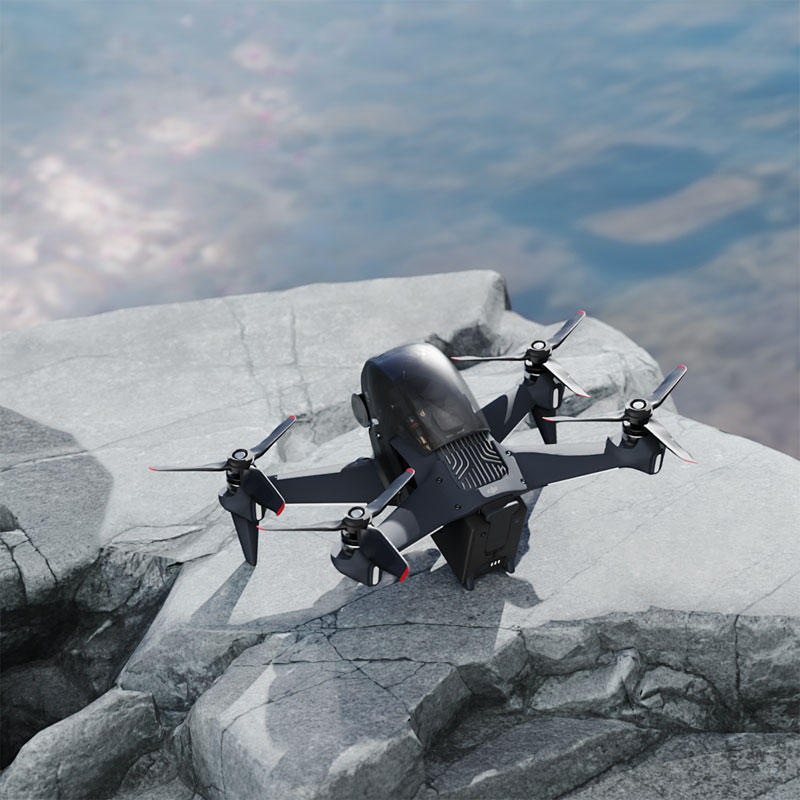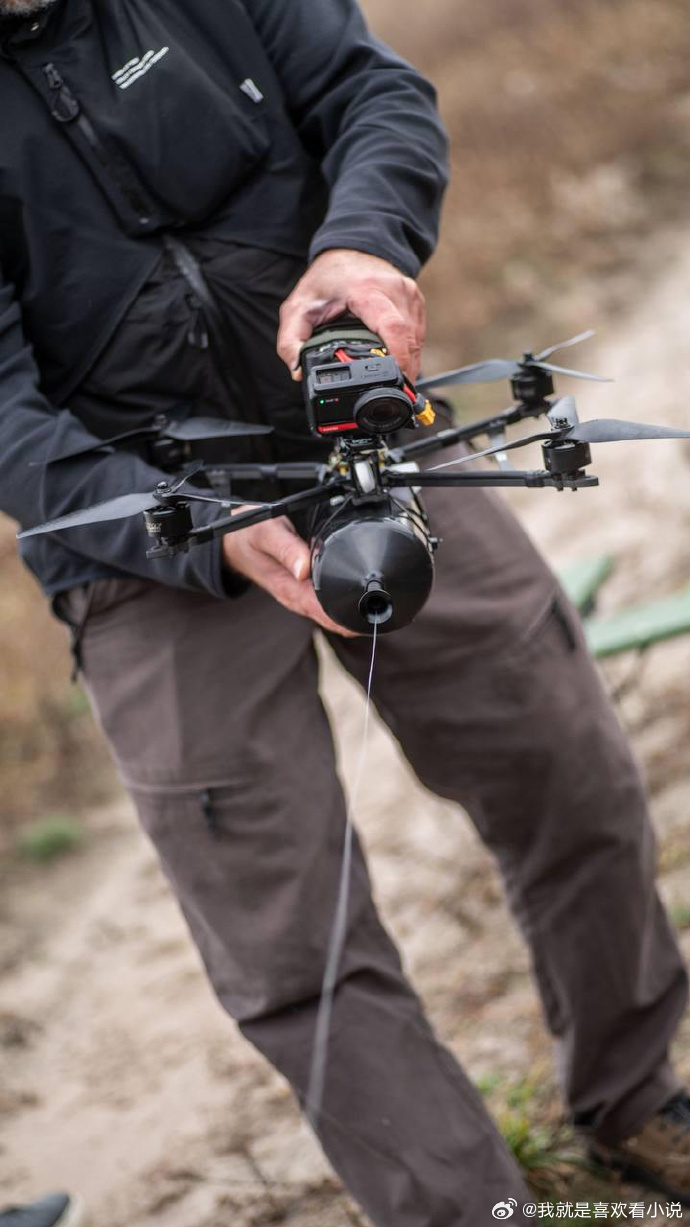As the world becomes increasingly digital and reliant on technology, the issue of security, particularly when it comes to drones, has never been more pressing. Drones have become a significant part of our lives, from the way we capture images to how we deliver goods. However, with the rise of drone usage, there is also an increase in misuse, which has led to the development of countermeasures known as “anti drone drone” solutions.
Understanding Anti Drone Drone Technology
Anti drone drones represent a fascinating advancement in technology where the very tool of disruption—drones—are used to counter unwanted drone activity. This technology has evolved rapidly, addressing various safety and privacy concerns associated with unauthorized drone flights. The primary aim of these anti drone systems is to detect, track, and potentially neutralize intrusive drones without causing harm to surrounding environments.

The Working Mechanism
The architecture of anti drone drones typically involves detection systems that use combinations of radar, radio frequency (RF) detection, optical sensors, and acoustic sensors to locate drones. Once detected, these systems may employ several strategies. For instance, some anti drone solutions may use jamming signals that interfere with the drone’s communication with its controller, effectively grounding it. In contrast, others might deploy net-carrying drones that physically intercept the intruder. The latter can be preferable in populated or sensitive areas where jamming may disrupt other equipment.
Applications and Implications
The use of anti drone technology has proliferated across various sectors. Military and government agencies are foremost in leveraging these solutions to safeguard critical infrastructure and secure no-fly zones. Additionally, private sectors, including event management companies and corporations, utilize anti drone systems to protect private venues and industrial sites from espionage or nuisance activities.
Potential Challenges
While anti drone technologies offer significant benefits, they are not without challenges. The legal landscape surrounding drone interference is intricate, with rules varying significantly by region. As such, the use of jamming technologies can sometimes infringe on regulations about radio communications. Moreover, the rapid pace of drone technology evolution means anti drone solutions must continually adapt to new challenges.
The Future of Anti Drone Technology
The future of anti drone drone technology looks promising, with advancements focusing on improving detection capabilities and expanding operational ranges while minimizing collateral impact. Future systems aim to incorporate AI-driven analytics, enhancing real-time decision-making processes. These technologies will potentially offer automated threat assessments and swift neutralization options, which are crucial in critical response scenarios.
As technology progresses, we may see more sophisticated methods incorporating laser systems and improved battery life for these counter-drones, broadening their scope and efficiency.
Environment and Ethics Considerations
Ensuring these technologies do not harm wildlife or infringe on privacy rights is crucial. Ethical development will require collaboration between technologists, legal experts, and environmentalists to create balanced, effective solutions.
Common Questions
How do anti drone drones differ from traditional counter-drone systems?
Traditional counter-drone systems often rely on ground-based equipment and may include fixed installations. In contrast, anti drone drones are mobile and operate from the air, providing dynamic and flexible responses to threats.

Are anti drone technologies legal?
The legality varies by country and often involves complex regulatory frameworks. Users must ensure compliance with local laws regarding airspace and radio frequency use before deploying these technologies.
What industries can benefit from anti drone drones?
While the military is a significant user, industries such as event management, logistics, and agriculture can also benefit. These technologies help in safeguarding venues and proprietary practices against espionage and unauthorized surveillance.
Overall, the emergence of anti drone drone solutions offers exciting prospects for security in a drone-dominated future. As threats evolve, so too must our defenses, and anti drone drones represent a cutting-edge response to these modern challenges.
